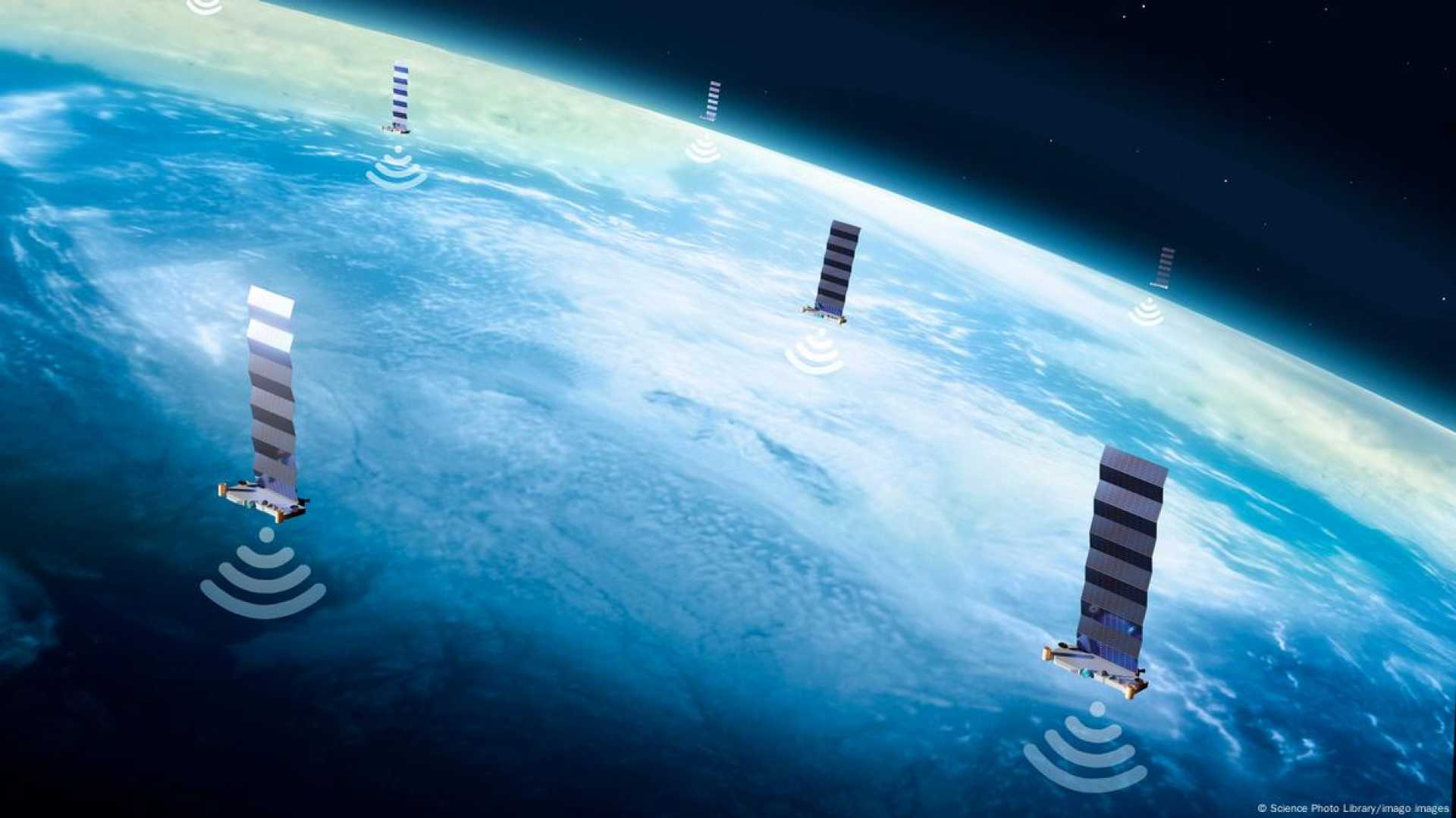News
Ukraine Looks to Alternatives as Musk Holds Satellite Power

BRUSSELS, Belgium — Ukraine’s dependence on Elon Musk’s Starlink satellite communications poses new challenges as conflict with Russia continues. The innovative technology, which has become vital to both military and civilian operations in Ukraine, now puts Kyiv in a precarious position, reliant on Musk’s discretion amid ongoing turmoil.
Starlink’s satellite infrastructure has offered unparalleled connectivity, allowing Ukrainian forces to maintain crucial communications during the war. However, Musk’s ability to control access raises concerns. “The entire front line would collapse if I turned it off,” Musk warned in a recent statement, emphasizing the system’s integral role in sustaining Ukraine’s defense.
As a response to this vulnerability, the European Union is exploring alternatives for satellite internet services. French-British provider Eutelsat is positioning itself as a competitor to Starlink, though CEO Eva Berneke candidly acknowledged the challenges in matching Musk’s capabilities. “It’s good to have multiple options,” she told POLITICO. “But let’s just be very honest; we wouldn’t be able to replace Starlink’s entire connectivity capacity for Ukraine.”
Despite the ambition, Eutelsat’s 600 satellites are dwarfed by Starlink’s estimated 7,000 satellites, which provide faster connections and lower latency, essential for real-time operations like drone warfare. “This type of solution that Starlink is offering is unique,” said Christopher Baugh, a space industry expert at consulting firm Analysys Mason. “Starlink has broken barriers technically and has filled the void because nothing else was available.”
Reports suggest that Starlink provided over 42,000 kits across Ukraine last year. Berneke mentioned the need for backup systems, stating, “You could think about at least having a couple of thousand to have back-up in the critical places.” This perspective highlights the necessity for additional infrastructure to ensure communication resilience.
Musk’s influence in the conflict has been evident in past decisions, including his refusal to enable Starlink services over Russian-occupied Crimea in 2022, thwarting a Ukrainian attack on Russian vessels. “The Starlink system is the backbone of the Ukrainian army,” Musk remarked in March, signifying the utility and risks associated with such concentrated power in a private entity amidst an ongoing conflict.
In light of rising tensions, Eutelsat is collaborating with the European Union to secure funding for additional satellite terminals and future infrastructure. “The last couple of weeks have shown that you need multiple sources to run military and government communications,” Berneke stated, indicating a significant pivot in strategy.
European Commission spokesperson Thomas Regnier confirmed ongoing discussions at the EU level regarding funding and support for satellite alternatives. Investor interest in Eutelsat has surged in light of these developments, prompting a significant shift in stock valuations as stakeholders hope for a greater role in Ukraine’s connectivity.
Additionally, the EU is developing a multibillion-euro project called IRIS², aimed at creating a sovereign satellite constellation to compete with Starlink. However, experts caution that with current plans set to be operational only in the early 2030s, the EU’s initiative may not provide immediate relief.
Baugh noted, “It’s great that there’s a cooperation between governments and private entities, but at the end of the day, it’s a drop in the bucket.”
In parallel, Germany has funded access to Eutelsat’s satellite services for Ukraine, with Berneke noting that they currently connect a number of Ukrainian users. “Now we’re looking to get between 5,000 and 10,000 [terminals] there relatively fast,” she stated, anticipating this could happen within weeks.
Eutelsat’s spokesperson Joanna Darlington mentioned that the possibility of further German funding for additional terminals was under discussion, though specifics remain unconfirmed. Germany’s Foreign Office did not respond to requests for comment, further complicating the funding landscape for alternative services.












